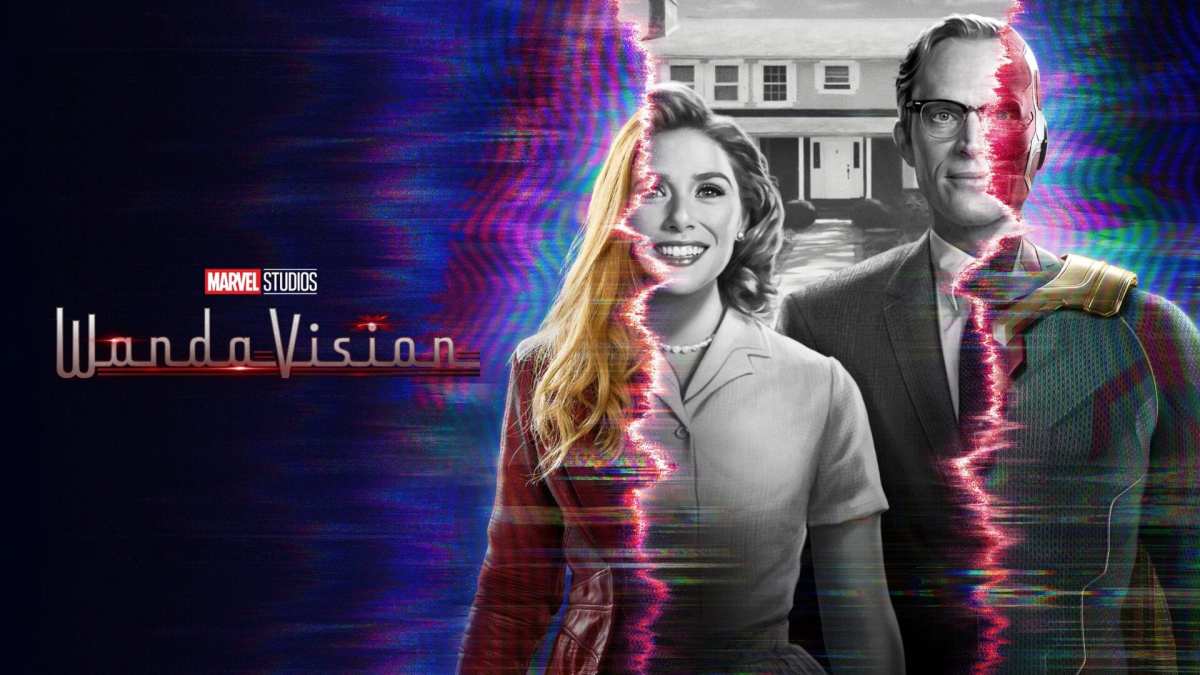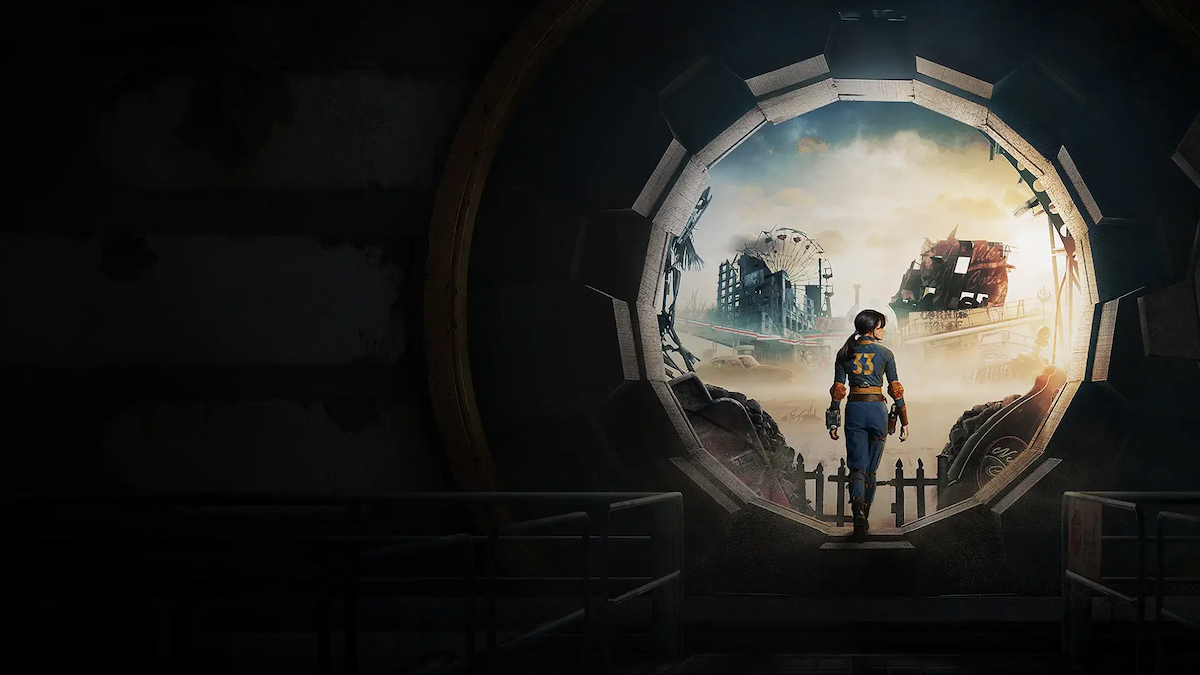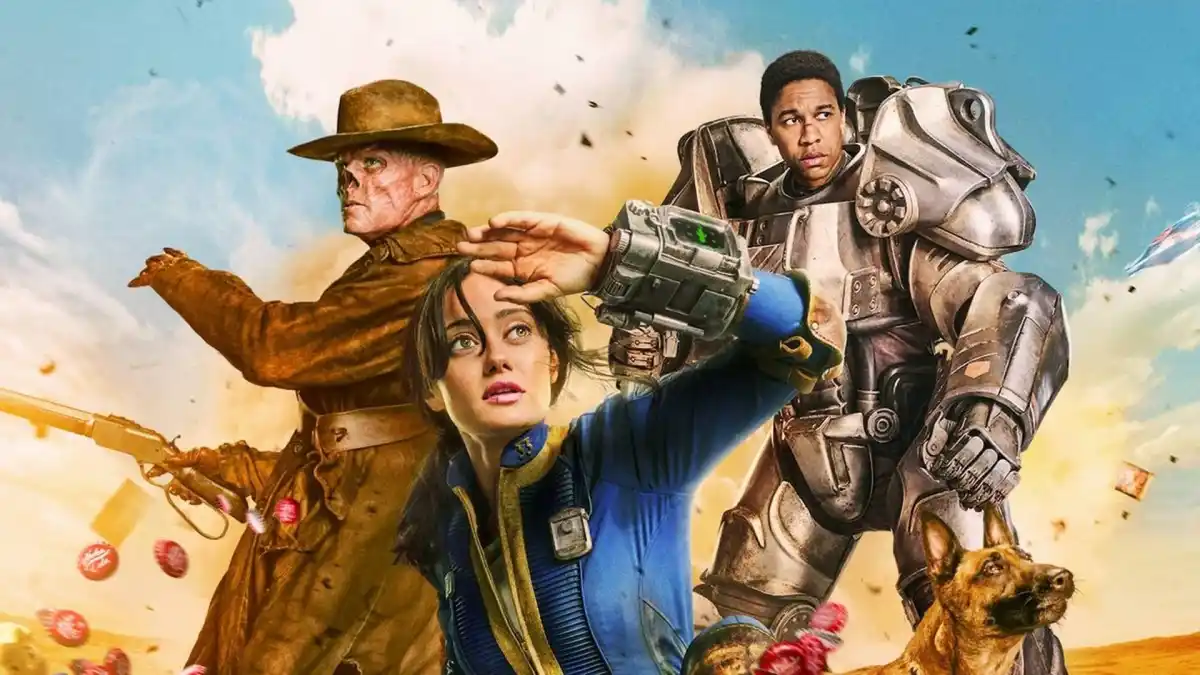Marvel Studios’ WandaVision is a series that probably never should have worked to begin with. Taking two underdeveloped characters from the world’s most popular film franchise and sticking them in a feature film-like series is a tall order. Forget the budget; what makes a show like WandaVision work is the richness of its characters, and no matter how big or small, the Marvel Cinematic Universe has them in spades. If WandaVision tells us anything, it’s that all of the MCU’s side characters have so much potential.

Since Age of Ultron, Wanda Maximoff and The Vision have had something around 30 minutes of screen time across all of the feature films. With a few lines of dialogue, we understood Wanda’s trauma and how she got her powers. We quite literally see the birth of The Vision in that same film. Both characters have very long and convoluted histories in the comics that the films have barely even scratched. WandaVision takes advantage of years of storytelling and molds it into an experience that feels organic within the MCU.
Our favorite avenging witch and android are not the only MCU supporting cast to get more screen time, lest we forget Agent Jimmy Woo, Dr. Darcy Lewis, and Captain Monica Rambeau. We have been given more time with all three characters than the films ever allowed. Dr. Lewis and Agent Woo have been given more to do than they ever have in their respective films and there is so much more room to grow.
We are first introduced to a young Monica Rambeau in 2019’s Captain Marvel as Carol Danvers’ surrogate niece and the daughter of Carol’s best friend, Maria Rambeau. WandaVision takes that basic foundation and elevates both Monica and her mother to new heights that their film just didn’t have the bandwidth for. Once WandaVision concludes, the Rambeau women will not just be Captain Marvel’s supporting cast, but pivotal members of the MCU.
WandaVision paves the way for how the MCU will develop its characters moving forward. Subsequent Disney+ series like Falcon and The Winter Soldier, Loki, and Hawkeye will take characters that we know and love from the films, and grow them in ways that the films never could. In turn, these series will then introduce characters that will continue on to the films and vice versa. WandaVision, for instance, will have repercussions for Doctor Strange in the Multiverse of Madness. It would be safe to assume certain faces from WandaVision may make an appearance in that film.

All of this speaks to the incredible versatility of Marvel’s cast of characters. There is so much story for even the smallest of side characters that they could easily fill their own film, let alone a Disney+ series. You never know where Marvel Studios can take these characters. though we know now that Wanda will head to the next Doctor Strange and Monica will head to Captain Marvel 2. Where could Dr. Lewis end up? The next Thor? Could Jimmy Woo get that X-Files-like series that everyone wants? Side characters have limitless potential in the MCU and WandaVision is only the beginning.





Published: Mar 5, 2021 09:30 am